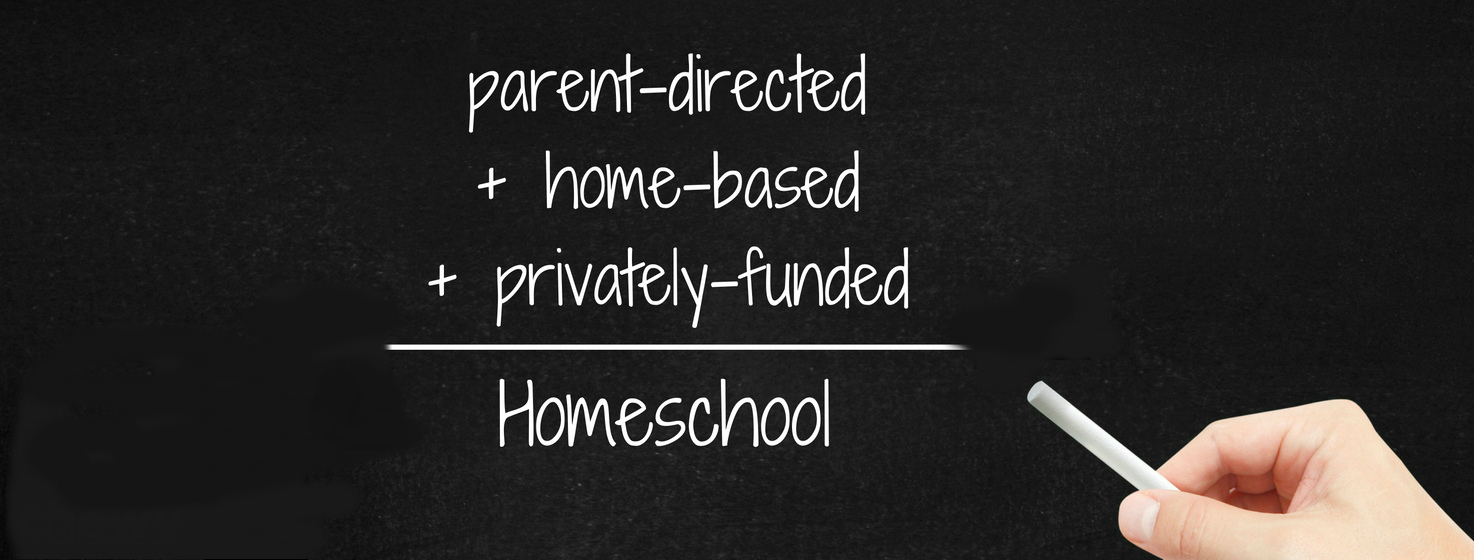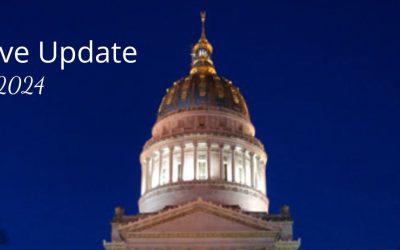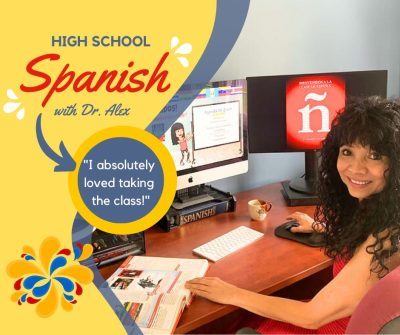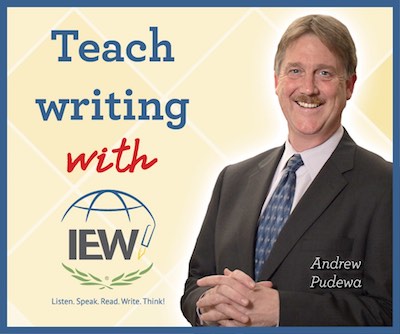…Isn’t He a Homeschooler?
The 2017 legislative session marked the beginning of a push for online public school options in West Virginia, making it possible to be a public school student from the comfort of one’s own home. While CHEWV supports the right of ALL parents to choose the best educational option for their children,
we believe it is important for both parents and government officials to understand the difference between homeschooling and public school at home.
“Educational options” are essentially three-fold. Children can be sent to public government-controlled schools paid for by public funds; parents can pay to send their children to private schools; or parents can take complete and personal control of the education of their children by homeschooling them.
CHEWV helps protect the latter choice.
But what about public school at home? Most assume that any child schooled at home is a homeschooler. But this is not necessarily the case. In his veto statement about the sports access bill in 2017, the governor implied that public school at home was homeschooling. However, the location of the schooling is not so important as the content and control of the education. Let’s explore that idea further.
When taxes are paid to the government, those taxes become “public funds” which our representatives then decide how to spend. When public funds finance a child’s education, the representatives – as well as public policy makers within the government’s educational bureaucracy – also place demands on what will be taught to the student. Control of a child’s education is shifted from the parents to the county; from the county to the state; and, finally, from the state to the federal government.
These county, state and federal officials have come to believe that they have a responsibility, not just if physical or educational abuse is suspected, but some sort of responsibility for every child all of the time. Policing parental choice then becomes part of their concern. Most of them, blind to the failures in their own system, truly feel that they are policing parents for the good of the children. Unfortunately, this holds true even when the parent fully funds the education.
In other states, homeschoolers have discovered that difficulties multiply when they start accepting tax funds or tax-funded resources for their children. Eventually the parents’ choices are quite limited and God is absent from the curriculum – “separated” from the “state” education. Choice disappears. Government education is all that remains – regardless of where it is done.
Since 1986, WV parents have been free to educate in the way that they believe is best for their child, as long as they privately fund that education. Recently, WV government schools have offered them “public school at home” – the same schooling, paid for with government funds, that they offer in their brick-and-mortar buildings. But is this homeschooling?
No. Because WV has a compulsory attendance law that requires that every child attend school, parents must utilize a hard-won exemption in order to homeschool. But traditional public schoolers could switch to public school at home without an exemption because these aren’t homeschool courses – even if homeschoolers may enroll in them.
The legal recognition of the right to homeschool was a hard-won battle fought so that parents could direct the upbringing of their children. “Home-based” education is part of that, but not the most important part. The worldview of the education and the individualized approach are even more essential to most Christian homeschool parents
Public school students are educated according to the curriculum and rules of the public school. While an individual school or county board might allow flexibility, they can also take that flexibility away. In other states they have done so – because they have the authority to do so.
Of the three tenets of homeschooling, “parent-directed” is the most important. Fundamental to homeschooling is that the parent is in charge.
Bottom line? Control is the key factor. As a parent, how much of your child’s education do you want to control? Do you want to exercise your right to decide when and what your child is taught about sexuality, or about God’s role in the origins of life and the unfolding of history? Homeschooling allows you, not government, to control the worldview. Homeschooling allows you to fully guide your child’s education.
However, homeschooling does not allow you not to educate. West Virginia homeschoolers are required by law to teach at least the five subjects of reading, language, mathematics, science, and social studies, and to assess student achievement each year. A parent who is not teaching his or her children those five subjects is not a legal homeschooler in the state of WV.
Granted, for a kindergarten student, appropriate social studies might be visiting the local fire station and learning about community helpers. Depending on the grade level, this may or may not mean studying a textbook daily in all five subjects. West Virginia’s homeschooling law allows for a variety of appropriate educational approaches, but it does not allow “not schooling” as so many officials assert. A child who is neither sent to school nor educated appropriately at home is not a homeschooler, but a truant.
While CHEWV believes that all parents should be able to choose any legal educational option for their children, we specifically exist to defend and support the right to homeschool. That right is not the same as doing public school at home. We hope that parents who consider public school at home will also consider that there may be unforeseen consequences. While we will do our best to inform parents about how homeschooling and virtual public school options mesh (e.g. homeschoolers can take up to x virtual classes while remaining legal homeschoolers), we exist to protect your right to take no public school classes at all if you choose. It is imperative that we all understand the difference between a public school student, a homeschooled student, and a truant. We must first understand our options before making an informed choice.
NOTE: 2022 ushered in yet another choice for parents, the Hope Scholarship. Hope students using an “Individualized Instruction Program” may also school at home. But they are schooling under the new Exemption m. WV homeschooling continues to fall under Exemption c. For more information, check out this article.







Recent Comments